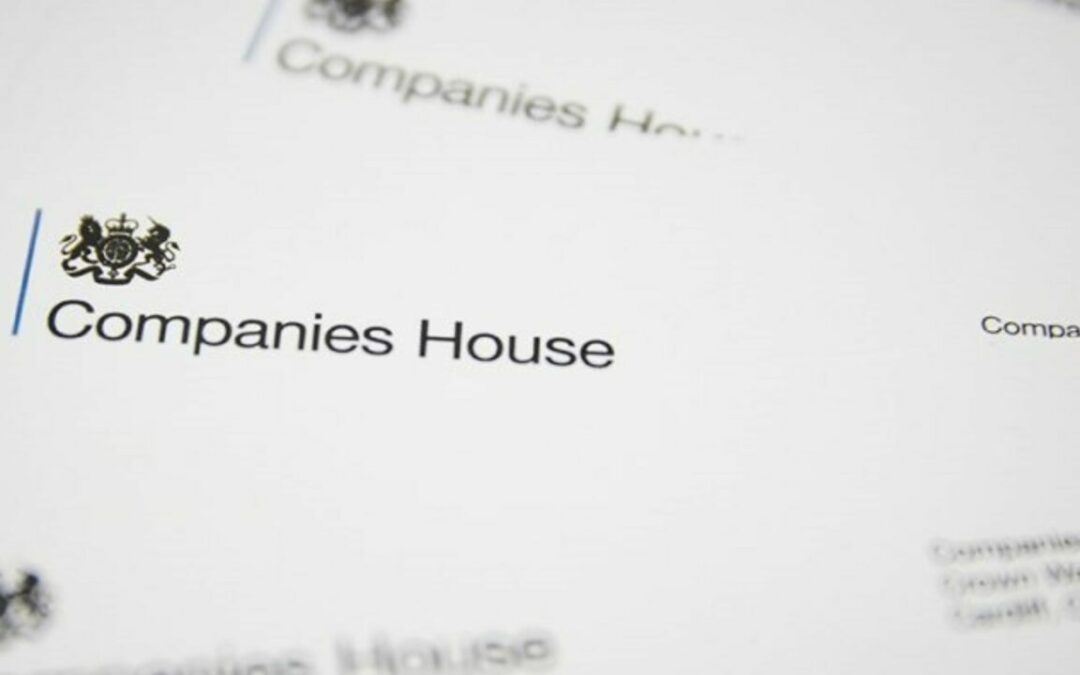Avoid unexpected tax bills when working overseas. While you may not need to file a UK tax return, failing to inform HMRC of your status could lead to serious financial consequences. Discover the risks and penalties, and why a proactive approach could potentially save you lots of money.
A question we recently got asked by a client was whether they need to file a tax return while working overseas. The straightforward answer is: no, you don’t have to if HMRC hasn’t requested one and you have no form of income to declare in the UK. However, there are some factors you should consider that will save you from major potential financial headaches in the future.
The Risks of Not Declaring Your Overseas Income
Whilst you might not be legally required to submit a tax return if you’re working abroad, not keeping HMRC informed about your situation could cause significant financial problems later. Have you thought that because you don’t meet the following criteria you don’t need to worry about UK taxes?:
- being away for less than 90 days
- not earning direct UK income
Well, this assumption could lead to complications, especially when you decide to return to the UK.
What Happens When You Return to the UK?
When you come back to the UK, HMRC is likely to look closely at your financial history. Whether you’re buying property, accessing your pension, or returning to work, they’ll want to know where you’ve been, how you’ve earned, and whether you’ve paid the correct tax. If HMRC discovers any undeclared income, they will launch an investigation and determine if you have any undeclared income, which they will then issue a tax bill for all unpaid liabilities.
The Cost of Non-Compliance
One of the biggest risks of not filing a tax return while working overseas is the potential for substantial penalties. If HMRC determines that you should have been paying UK tax but failed to declare it, they can impose a penalty of up to 200% of the tax owed.
A real-life example highlights the dangers of this approach: One individual worked abroad for a decade, believing they were compliant with UK tax laws. However, they didn’t file a tax return during this time, and when they returned to the UK HMRC investigated them, asking the questions we outlined above and they were hit with a £200,000 bill—a huge financial setback that could have been avoided.
A Sensible Alternative: Filing an Annual Tax Return
Instead of taking the risk, a simple and cost-effective approach is to file a tax return each year, even if you don’t owe tax in the UK. This keeps HMRC informed of your overseas employment status and prevents any future investigations. By staying on top of your tax affairs, you ensure peace of mind and avoid potential financial headaches when you return to the UK.
So, do you have to file a tax return when working overseas? Technically, no. But would you rather pay a small yearly fee to keep things in order, or face a potentially life-changing tax bill upon your return? We believe staying proactive and ahead of HMRC’s potential inquiries is always the smarter and more secure option. At Whittaker & Co., we’re here to listen to your concerns and provide you with clear, honest advice to keep you on track—whether you’re abroad or back home.
Visit our News Hub for the latest – News – Whittaker & Co (whittakerandco.com)
info@whittakerandco.com
+44 (0) 1686 610662






